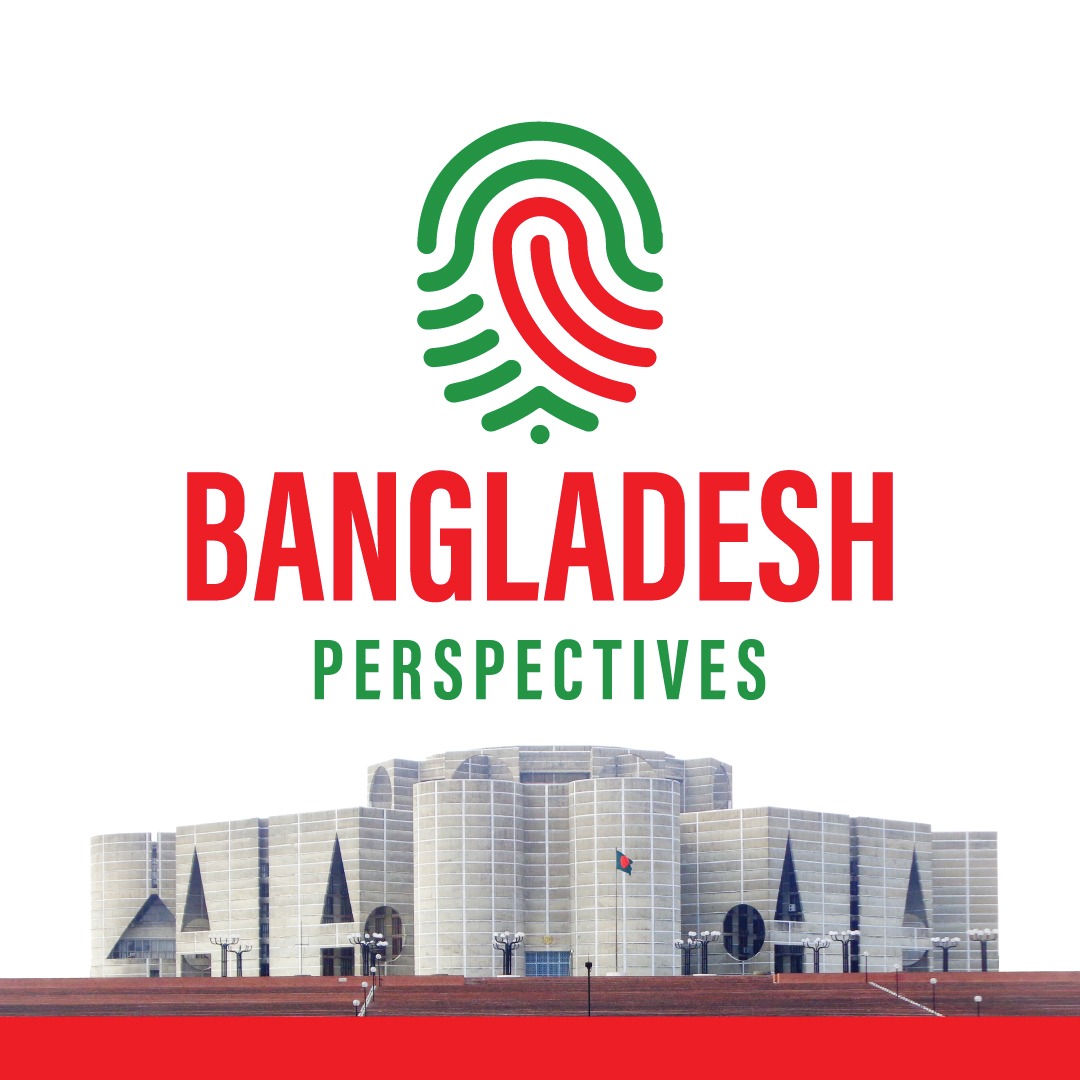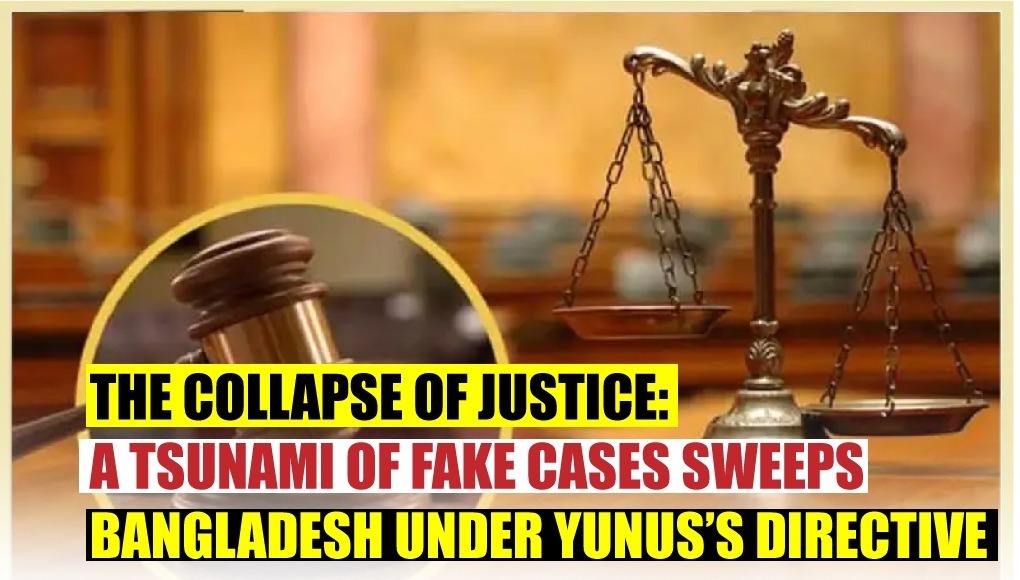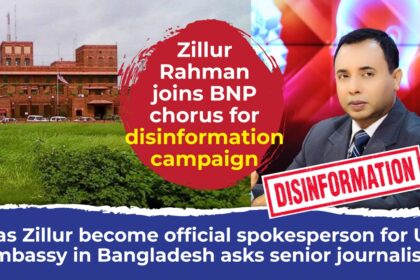Since the fall of the Sheikh Hasina government, a terrifying tsunami of fake cases has swept across the country. Under the rule of the interim government, these cases and incidents of violence are escalating fear and anxiety nationwide. Well-known figures, former ministers, judges—even ordinary citizens—are facing ridiculous and unbelievable accusations. Combined with mob violence, theatrical arrests, and political vengeance, the situation grows increasingly murky.
In a recent roundtable discussion, writer and researcher Altaf Parvez remarked that the past year under the interim government has brought few positive experiences, but many negative ones. He accused the government of running the country based on Facebook posts, and he openly criticized the rise of fake cases.
Staged Dramas to Arrest High-Profile Individuals
The government’s first arrests were Salman F Rahman and former law minister Anisul Huq. According to the law enforcement narrative, they were allegedly trying to flee across the Buriganga River in a boat, disguised in lungis, with shaved hair and beards—making the entire nation witness a satirical spectacle. Even such a laughable story didn’t embarrass the authorities. Later, they were implicated in a murder case in New Market, as if they were professional killers.
A similar mockery was recently repeated in the case of former Chief Justice A.B.M. Khairul Haque. The man who, with a stroke of the pen, abolished the caretaker government system and opened the door to political crisis—was himself sent to jail over the murder of Jubo Dal activist Abdul Kaiyum Ahad in Jatrabari. Would any reasonable person believe this? But Yunus’s government is using the judiciary to make people believe such things.
Analysts say the government is turning the courts into a theater of absurdity to hide real crimes. In scripting and staging the drama of fake cases, Yunus’s administration is nothing short of a champion.
Controversial Role of the Attorney General
Former BNP leader and current Attorney General Md. Asaduzzaman recently stated, “Mob violence is not a reflection of mistrust in the judiciary, but an outburst of 17 years of accumulated anger.” However, human rights activists argue this statement legitimizes state violence. They also allege that mobs are unleashed in court premises if payments are not made.
If You Don’t Pay, the Mob Comes
While serving as BNP’s Human Rights Secretary, Asaduzzaman gained support from both domestic and international organizations. He made allegations against the Awami League, including enforced disappearances and extrajudicial killings. But after August 5, human rights violations reached an unprecedented level. Sources claim that unless 60–80 million BDT is paid to the Attorney General’s office and the Ministry of Law, mobs are incited. Alongside this, a business of fake cases is flourishing.
A senior official from the Attorney General’s office, speaking on condition of anonymity, said:
“Our office is committed to the rule of law, but decisions are influenced by the realities of security and political pressure.”
An official from the Ministry of Law, who also requested anonymity, said:
“The practice of unleashing mobs has emerged due to these illegal transactions. Those who want to obstruct legal processes are using these methods. Fake charges, prolonging cases unnecessarily, and torture are often tied to financial dealings.”
On May 13, BNP-affiliated lawyers chased Judge Mumtaz Begum in the Dhaka court premises. On April 18, an attempt was made to attack former law minister Anisul Huq at the Narayanganj court compound.
Additionally, a recent incident caused public uproar when former Chief Election Commissioner Nurul Huda was attacked at his residence in Sher-e-Bangla Nagar, Dhaka. He was forced to wear a shoe garland around his neck. The video went viral on social media. Despite police presence, they did not intervene. Later, it was Nurul Huda who was shown as arrested.
Many ordinary citizens, even former government officials, have fallen victim to politically motivated attacks. The destruction of Bangabandhu Sheikh Mujibur Rahman’s house in Dhanmondi and the assault on a former minister’s home in Gazipur reveal the depth and scale of the violence.
According to research institutions and human rights sources, from September 2024 to June 2025, 253 incidents of mob violence occurred in 10 months—163 people killed and 312 injured.
Analysts warn that a culture of bypassing legal processes and taking justice into one’s own hands is being institutionalized—a dangerous omen for any civilized and democratic state. Such violence is terrifying not only for political opponents but for ordinary citizens too.
The Alarming Picture of Fake Cases
After the fall of the Sheikh Hasina government, the filing of false cases has reportedly increased at an alarming rate. Experts and human rights activists claim that these cases are being misused for political revenge and personal gain. Most concerning is that Nobel Laureate Dr. Muhammad Yunus continues to offer silent support, rather than speaking out against them.
Recently, a man named Solaiman Selim from Phulbaria, Mymensingh, claimed that a murder case was filed showing him as deceased. When police visited his home, they found him alive—he learned of the fake death and case from them. Fearing for his life, he filed a General Diary (GD) at the local police station.
Another incident occurred on August 3 in the Kazla area of Dhaka, where a shooting incident led to a murder case filed at Jatrabari Police Station. The plaintiff—Selim’s elder brother—named Sheikh Hasina as the prime accused. Others named include Obaidul Quader, Asaduzzaman Khan Kamal, Shamim Osman, and 41 others, along with 150–200 unnamed Awami League activists.
Earlier, on October 17, a false attempted murder case was filed at Khilgaon Police Station against Zahirul Islam Khan Panna (Z.I. Khan Panna). The case accused him of shooting and attempting to kill Ahadul Islam during the quota reform protests. However, the plaintiff, Md. Baker, later told the media he did not know Panna and had no idea who was listed as accused. Amid widespread criticism, Panna was later granted bail.
A similar case involved Rabi Das, a 64-year-old cobbler who died from a stroke on July 18. On November 29, a case was filed claiming he was murdered by Awami League supporters during the quota reform movement. The FIR listed over 450 accused, including 168 named individuals, and Sheikh Hasina was again on the list. Rabi Das’s son, Bikash Das, said,
“We don’t want our father’s name used for someone’s personal gain.”
Another case, filed on October 27 in Feni, named 85 people as accused, including Nizam Uddin Hazari, General Secretary of Feni District Awami League. Businessman Ibrahim Patwari, who lives in Dhaka, was also named—he later secured bail. Ibrahim stated,
“I wasn’t even in Feni at that time. There’s no question of me participating in any movement for Sheikh Hasina.”
Human rights organizations and legal experts believe the purpose of these cases is to take political revenge, gain economic benefits, and tarnish the image of political opponents.
Lawyers argue that many of the cases filed after the July protests have become a hub of corruption. In many cases, 200 to 250 people are charged, most of whom have no actual involvement.
Analysts conclude that during the interim government, the rise of fake cases, extrajudicial violence, and political hatred is a dire warning for a democratic nation. To restore the rule of law, protect human rights, and achieve political unity, urgent and impartial action is needed—now.





